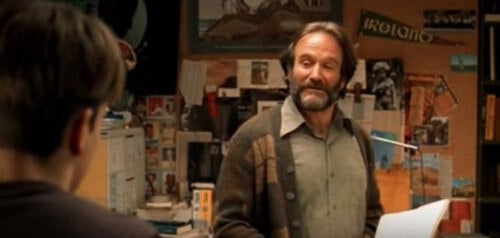Psychology and film have many aspects in common. These enclaves of connection between the two disciplines have been little explored, but what exactly do psychology and cinema share?You may have thought you could answer that question by relying on some of the many films that describe psychological disorders, for example.
The relationship between psychology and film will gradually approach, as has happened, for example, with hypnosis, will pave the way as united disciplines, such as hypnosis, there will be an expansion and an important interest in your knowledge.
- Psychology and film were born at the same time.
- At the end of the nineteenth century.
- It is clear that the study of human beings is as old as the history of thought itself.
- But there is a key date in the birth of scientific psychology.
- : 1879.
In 1879, Wilhem Wundt created the first laboratory of experimental psychology. There is a great proximity to another date: on December 28, 1895, the Lumiére brothers create a series of projected images, this milestone is considered the origin of cinema.
Thus, late nineteenth and early twentieth centuries were times of great importance, both for psychology and for seventh art, in many films we can see different psychological theories, not forgetting the emotions that can generate.
In addition, cinema was also a precursor to certain behaviors studied in psychology, in fact, in their performances, actors function as social models, as they are admired and followed by a large number of people.
As we dely into the potentials that nourish the two disciplines, we can highlight what roles the psychologist can play in the audiovisual world. See.
Film served as a promotion for the profession of psychologist, you only have to remember Bruce Willis in the film The Sixth Sense, but this has also helped to distort his professional performance. Cinema has generated many myths and misconceptions about clinical interventions.
Almost exclusively, unlike most consultations in our environment, cinema showed us sofa sessions with psychoanalysts, this bias in favor of a way of doing psychology, which in Europe could be considered a minority, nevertheless distorts the image that a good part of society has regarding the clinical procedure.
There are also many films in which actors and actresses have acted as psychotherapists; in most of them, the professions of psychiatrist and psychologist are no different; as we have seen, the convergences between psychology and cinema are numerous and varied, which is a source of value for both disciplines.

